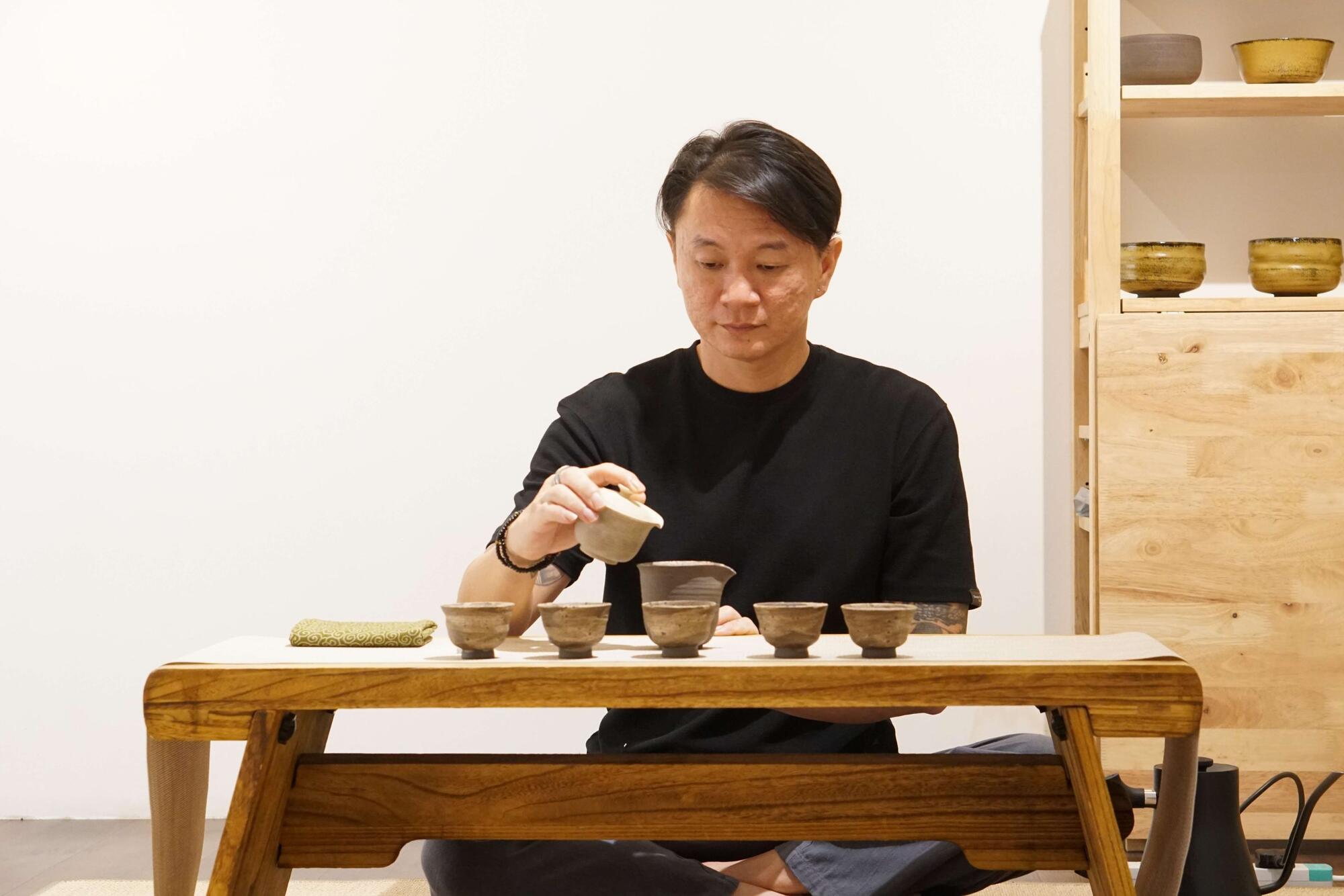PSLE: Parents, this is how you ace results day
18 Nov 2021

Your kids may be the ones picking up their PSLE results at the end of November, but it is how you react as a parent that will have the biggest impact on them. Tee Hun Ching, whose son sat the PSLE two years ago, shares four ways for parents to shine on results day.
1. Hope for the best, make a Plan B
Much of the anxiety that plagues parents stems from uncertainty – uncertainty about what the future holds for their kids if they don’t clear a milestone with headroom to spare. One way to deal with this is to plan for all outcomes and explore the various options available. So even if things don’t pan out as hoped, you have back-up plans that can support your child’s learning needs and development. Know that there are always alternative routes.
For instance, my husband and I shortlisted a secondary school that was piloting the full subject-based banding system as a Plan B for our son. This assured us that should he not qualify for the Express stream, he could still be stretched in the subjects he was strong in and get help for those he was weaker in.
2. Look at the big picture
A PSLE cert – even one that bears disappointing grades – signals the start of a new journey and a clean slate. Some friends whose kids didn’t get into their preferred schools share that their teens are now thriving in other schools, which turned out to suit their interests and pace of learning well.
For instance, one mum was struck by her son’s blossoming confidence after he consistently scored straight As in a school that was not his first pick. Another boy, wary of having to prove himself in the same sport for four years, turned down a Direct School Admission offer from a popular school. He now enjoys playing the sport under a respected coach at another school without the pressure. Then there are other so-called quiet kids who have gone on to be appointed student leaders or win character awards.
Their experiences affirm that there are not only multiple pathways to success, but also many definitions of success that go beyond academic abilities.
The years ahead will bring many opportunities. To make the most of these, look for a school that’s a good fit for your child instead of being hung up on brand-name schools.
3. Be the hero of the day
Our kids’ memories of results day will be shaped not by their score, but by our response to their score. Only we can save the day if their results don’t live up to expectations.
I still remember how a friend couched her biggest concern when we met for coffee a few days before our sons were due to collect their PSLE results: “How can I be supportive while trying to hide my disappointment if he doesn’t do well? Must go home and practise.”
Her priority was clear: She cared far more about how her son would feel than how he might fare. Likewise, many parents I know plan meal treats or play dates for results day to signal that their children’s efforts alone are worth celebrating, no matter what their result slips show.
So imagine you are 12 again and standing at your first major academic crossroads. How would you like your parents to react if things don’t go according to plan? Stick to that blueprint and be generous with your hugs and words of encouragement.
4. Focus on the future
The PSLE is but one milestone in a child’s life journey – and one that is relatively inconsequential and marked so early on that it barely makes a ripple just one or two years down the road. No employer (in his right mind) hires someone based on their PSLE results. Soon, most bosses might not even set much store by college degrees. Instead, skills-based hiring – where companies evaluate candidates based on their skills rather than traditional yardsticks such as degrees – is on the rise.
LinkedIn, the professional networking platform, recently reported a 21% spike in job postings in the United States that advertise for skills and responsibilities rather than qualifications. It notes that the number of positions that do not require a degree has also jumped by nearly 40% from 2019 to 2020.
With the growing number of avenues to reskill or upskill these days – think Coursera, Udemy, SkillsFuture courses etc – it’s never too late to plug skills or knowledge gaps via modular learning, no matter what your paper qualifications are.
Technical skills aside, soft skills are also increasingly critical. A recent Forbes article, drawing from the Essential Skills Report sponsored by DeBruce Foundation – a non-profit that aims to expand pathways to economic growth and opportunity – summed up six vital workplace competencies: communication, collaboration, critical thinking, interpersonal skills, proactivity and executive function, which includes managing work independently and dealing with ambiguity. These skills, the report noted, “are valuable across sectors and durable over time”.
In fact, most would argue that these are vital life skills. So, while it may seem premature to be mulling over career prospects for your 12-year-old, these are competencies which you can help them build now that will stand them in good stead in school and beyond.
PSLE is but a light warm-up for the marathon ahead – just being a top student doesn’t guarantee success in life or at work. It’s more important to inculcate the right values and mindset.
And for a cohort whose PSLE journey coincided with not just a wildly disruptive pandemic but also a new scoring system, I would think they deserve extra credit just for hunkering down and powering through the last two bumpy years.
Tee Hun Ching, a mother of two, is a copy editor and a former editor with The Straits Times.





